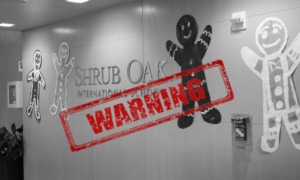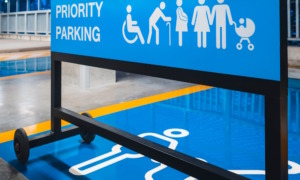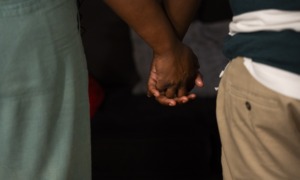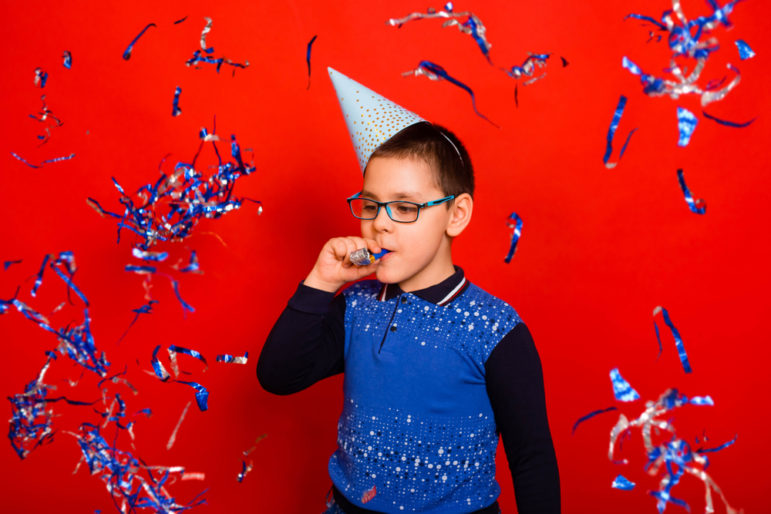
Mihail Guta/Shutterstock
.
As states slowly start to lift the stay-at-home restrictions and businesses reopen, some people feel the end is in sight. As we begin to transition back into a sense of normalcy in our daily lives, I am left wondering how we’ll remember this pandemic years from now.
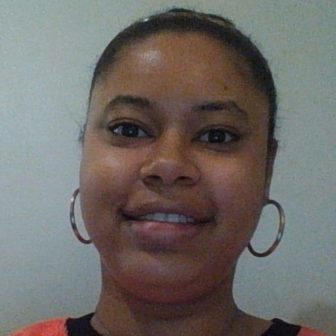
Deandra Mouzon
As a native New Yorker, I remember the tragedy of the 9/11 attacks and how our city dealt with the aftermath. Just like now, first responders and law enforcement were on the scene every day making sure we were safe. After this experience I hope we will remember how essential workers risked their own lives to care for everyday people.
This week I attended a webinar whose topic was “COVID-19 in Georgia: Supporting People with Intellectual and Developmental Disabilities.” Host Mark Crenshaw and several guest speakers spoke about the importance of understanding your health care and employment rights in the age of COVID-19. This was a great complement to the work I have been doing focused on young people with disabilities, and made me realize that people everywhere are sharing some of the same experiences.
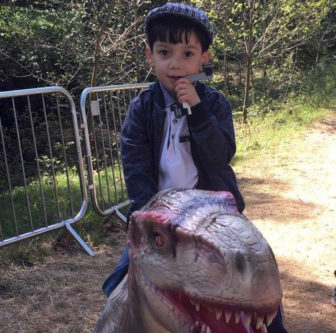
Riley Jay Craig Hoadley
I contacted one family in London who said they had experiences similar to Americans’. Vikki Hoadley and her son Riley Jay Craig Hoadley, who is 8, have pivoted to a life where everything is done at home. Vikki said that Riley, who is autistic and has separation anxiety, prefers to be indoors anyway, so this was not a major challenge for him.
One thing Riley does not enjoy is not being able to see his brother and sister and their children. Being separated from loved ones is one challenge for a family who said they will remember the pandemic as the year that Riley couldn’t have a birthday party. For an 8-year-old I imagine that was a huge disappointment.
This week I also contacted Dwight, who runs autismdad.com. He did not want to include the family’s last name for privacy concerns. Dwight lives in Detroit and has an 8-year-old son named Brunello who was diagnosed with moderate-severe autism at age 3. “Through the research and help of many in traditional and nontraditional medical practices, we learned Bruno is heavy metal poisoned and has a form of neuroinflammation/encephalopathy,” Dwight said.
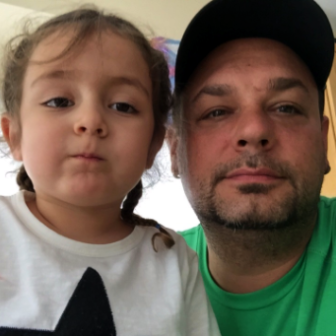
Brunello
Until the beginning of the pandemic he received Applied Behavior Analysis (ABA) services five days a week for three hours. Now his family participates in his ongoing therapy, replacing those services. He does attend school with his peers, but, like all school-aged children, has had daily online schooling since the pandemic started. This transition, his father said, has been a challenge for him as he normally has processes and structure that he enjoys.
Although these circumstances have been demanding, Dwight said they are looking to the future.
“As far as remembering this in the future, I am hopeful we can get back to a ‘normal’ that he will once again enjoy and build his development skills from.” Anyone who works with youth who have disabilities can appreciate this statement, because we know firsthand how important it is for them to be challenged and to progress from challenges.
During times of crisis, I have seen people rise to the occasion and overcome obstacles they could never have anticipated would be there. COVID-19 is no different. As I continue to contact families of young people who have disabilities, I am realizing many of them experience unique issues while caring for children who require special attention.
I hope that after this pandemic we can learn to appreciate not only the essential workers, but the moms and dads who go the extra mile to make sure their children are still on track to becoming healthy, independent adults.
If you would like to contribute to this column and share your story about life during quarantine with a disabled youth, email me at Deandra@csjournalism.org.
Deandra Mouzon is a Georgia-based journalist who received a B.A. in journalism from CUNY’s York College. Currently she is working on a publication about youth with disabilities.


